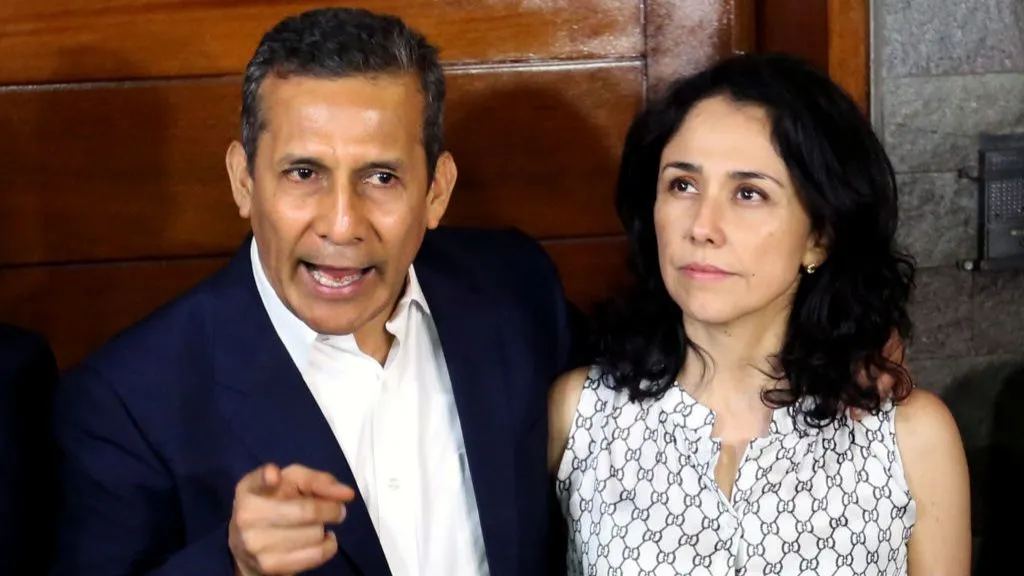In a historic ruling, a Peruvian court has sentenced former President Ollanta Humala and his wife, Nadine Heredia, to 15 years in prison after finding them guilty of money laundering. The verdict comes after years of investigation into allegations that the couple accepted illegal campaign contributions from foreign sources.
According to the court’s findings in Lima, Humala received unreported and illicit funds from a foreign head of state and a major international construction firm to support his presidential campaigns in 2006 and 2011. The ruling stated that these actions compromised the integrity of Peru’s democratic process and violated public trust.
The court specifically highlighted financial support from Venezuela’s former leadership and a prominent Brazilian construction conglomerate as the main sources of the illicit funds. The money was allegedly funneled through various channels to avoid detection and used to influence political outcomes.
Nadine Heredia, Humala’s wife and close political advisor, was also convicted in the same case. Heredia played a significant role in the handling of the illicit campaign finances, the court said. Despite the sentence, Heredia has been granted safe passage to Brazil after she sought asylum in the Brazilian embassy.
Lawyers representing Humala and Heredia have rejected the court’s decision and announced plans to appeal the ruling. They argue that the evidence was circumstantial and the trial was politically motivated.
This marks the first time in Peru’s modern history that a former president has been sentenced while also involving a first lady in the same criminal proceedings. The case has reignited public debates about corruption, transparency, and the influence of foreign powers in national elections.
Peru has seen a series of corruption scandals in recent years involving top political figures, including multiple former presidents. The ruling against Humala is expected to set a strong legal precedent for similar cases in the future.
As the country prepares for upcoming elections, this high-profile conviction may influence voters’ trust in political candidates and call for stronger anti-corruption measures in governance.
The court emphasized that public officials, especially those in the highest offices, must be held accountable for any misuse of power and breach of electoral ethics. The final decision on the couple’s appeal will determine the long-term legal consequences of this case.




0 Comments